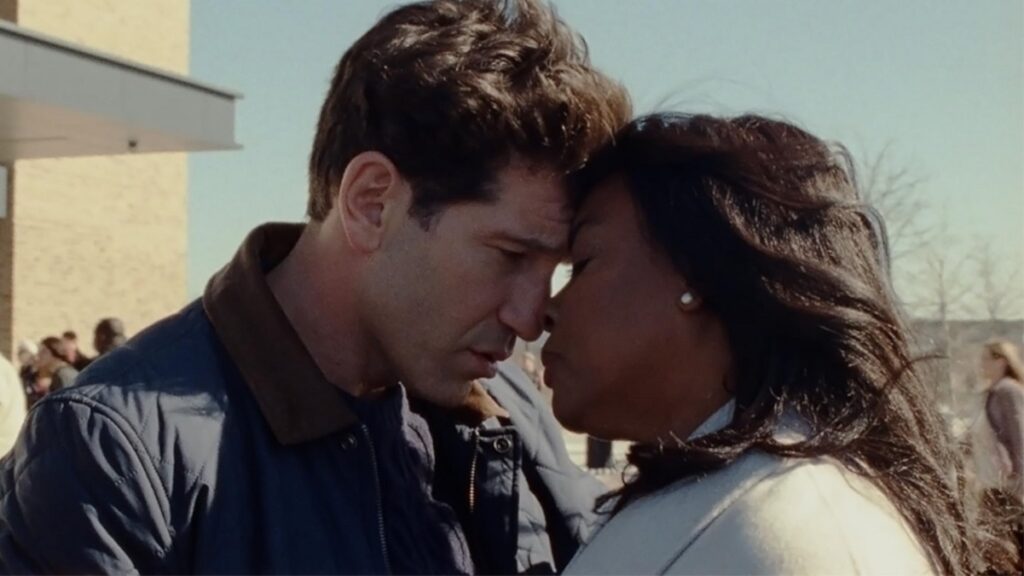Based on journalist Isabel Wilkerson’s best-selling and award-winning non-fiction book Caste: The Origins of Our Discontents, Origin is written, directed and co-produced by Ava DuVernay (Selma; A Wrinkle in Time) and was the first film by a Black American woman to compete in the Venice Film Festival.
The biographical film follows the chapter of Wilkerson’s life where she first conceptualises, publishes and deals with the success of what would become her most notable work to date. The book explores Wilkerson’s theory that the American experience of racism in its treatment of people of colour is not dissimilar to societies known for their establishment of a caste system. Where an underclass existed and were subjugated by the ‘superior’ masses resulting in their abuse, enslavement and, in some cases, extermination. Specific examples of such caste systems are noted with the likes of the treatment of the ‘Dalit’ class in India, and the treatment of the Jewish population under the Nazi regime.
Aunjanue Ellis-Taylor plays the role of author Wilkerson, and is joined by Jon Bernthal as her husband Brett and Niecy Nash as her cousin Marion. It is this trio who support much of the film. Ellis-Taylor dominates in terms of screen time, but it is Niecy who draws all the attention whenever she appears.
When viewed as a docufilm, Origin makes for an engaging experience. There’s a thought-provoking and intriguing subject – served with all the necessary ingredients. An introduction providing context to the formation of Wilkerson’s theory; the travels, challenges and emotional highs and lows she encounters in her quest for answers. And the expected finale in the publishing of her book and its reception by the American literary world.
If one were to view DuVernay’s work from the lens of an armchair cinema critic however, there is a plausible argument in suggesting it serves only to adapt Wilkerson’s work for the screen, with some drama and emotion thrown in for entertainment. Perhaps the subject matter is more suited to American audiences – challenging the basis and rationale of their society’s evolution. For others, Origin perhaps saves the need to read the book.

